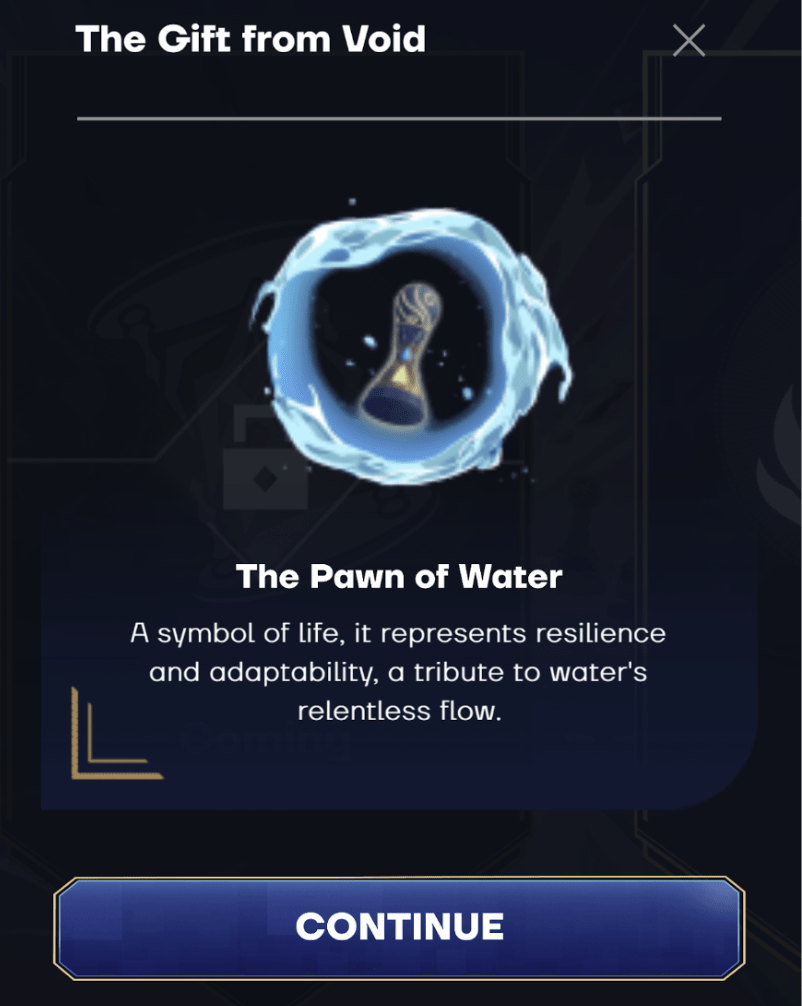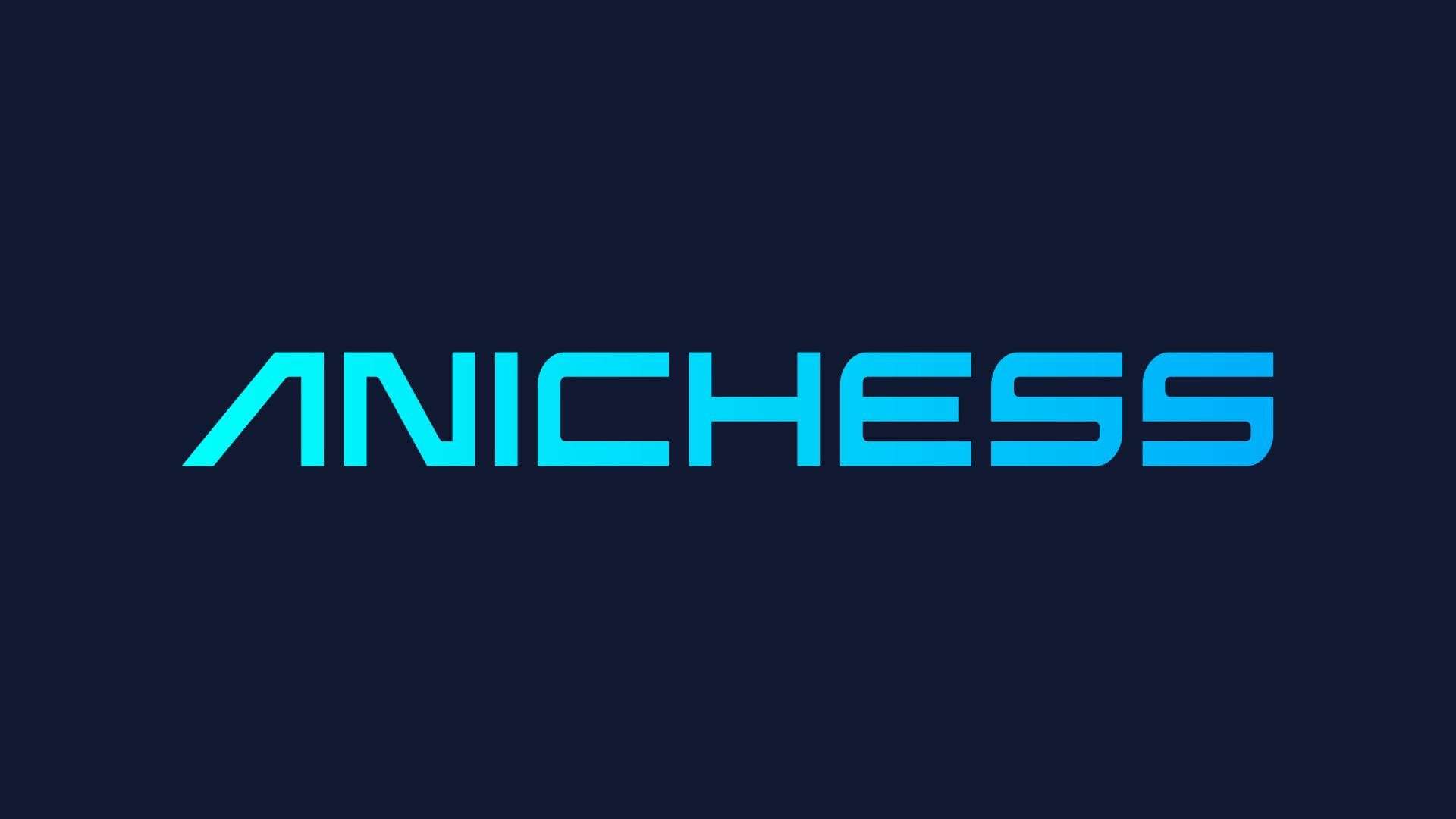Anichess addresses security concerns through a partnership with Chess.com but introduces distinctive “spell mechanics” to prevent hacking.
A new iteration of the world’s oldest game is being developed, integrating Web3 technology. Anichess is Animoca Brands’ endeavor to “modernize the chess experience,” commencing with a player-versus-environment (PvE) gameplay model.
Anichess Development Journey
The individuals developing the free-to-play game have articulated their intention to merge specific fantasy-oriented strategic elements and narratives with the “fundamental values of traditional chess.”
The Australian game developer iCandy Interactive, a subsidiary of Animoca, has reportedly recently hired the development team Hashcode Studio for the position, as per the announcement made by the company today.
In January, the first playable minigame went live; it featured both a tutorial and puzzles. Individuals can obtain digital artifacts called “Orbs of Power” through the Polygon proof-of-stake chain.
This chain serves as a vital element within the Anichess Universe environment, as the company describes.

A year ago, upon the public debut of the Anichess initiative, its guiding team wrote in a blog post, “We are ecstatic to investigate this new frontier of chess and digital property rights.”
Despite several endeavors to integrate cryptography and chess, they have failed to attain the intended outcome.
The nascent contender Rare Mind, conceived by chess grandmaster Robert Fontaine, is a platform that leverages well-established platforms like Chess.com and LiChess despite its early developmental phase.
In addition to establishing an operational play zone, the chess application Immortal, released in 2022, enlisted many professional players to serve as ambassadors or influencers.
Nevertheless, applying monetary incentives to promote online participation ultimately encountered the same obstacles that online chess platforms have grappled with since the advent of more sophisticated computers decades ago: the issue of effectively overseeing unscrupulous participants.
Anichess has partnered with Chess.com, which maintains one of the most sophisticated anti-cheating teams.
Cheating is effectively mitigated through the integration of statistical analysis and human-player expertise. Nonetheless, no system can be considered entirely impervious to errors.
A potential strategy for Anichess to initially evade the hacking issue involves the implementation of its distinctive game mechanics, commonly known as “spell mechanics,” in the game’s lexicon.
Chess engines experience confusion when confronted with bishops who can transform into knights and rooks capable of traversing diagonal paths unless an individual finds a method to extract the data processed by the web application and programs subject to the new regulations.
At present, this does not warrant concern; the sole matter at hand is the potential acquisition of complimentary NFTs via a gasless-appearing transaction that can be executed via Wallet Connect or MetaMask.
Upon initial transaction signing, the program will airdrop in the background an amount of polygon (MATIC) equivalent to approximately $0.01. Nevertheless, the procedure for asserting NFTs was not devoid of errors.
Presently, the utilization of Web2 social registration options facilitates a more efficient onboarding procedure. The application will connect to Polygon using a Torus wallet bearing a white label.
Both novice and experienced players will find the gameplay intuitive and enjoyable. Although the project is still in its early stages, the design aesthetic is visually pleasing. Furthermore, Chess.com’s involvement should grant them access to any necessary chess expertise.
Anichess is, in summary, a chess variant that is entertaining and age-appropriate. It appears to be the spiritual successor to the Play Magnus applications developed by former world champion Magnus Carlsen, including the discontinued Knight Runner and the Magnus Kingdom.
It is anticipated that the primary Anichess game, which is not yet available, will feature a player-versus-player (PVP) mode when released later this quarter.
Chess.com has previously advocated for the intersection of chess and cryptocurrencies; therefore, it is conceivable that their involvement could propel a Web3 chess game to widespread attention.
There is a substantial amount of lore that requires further investigation.












